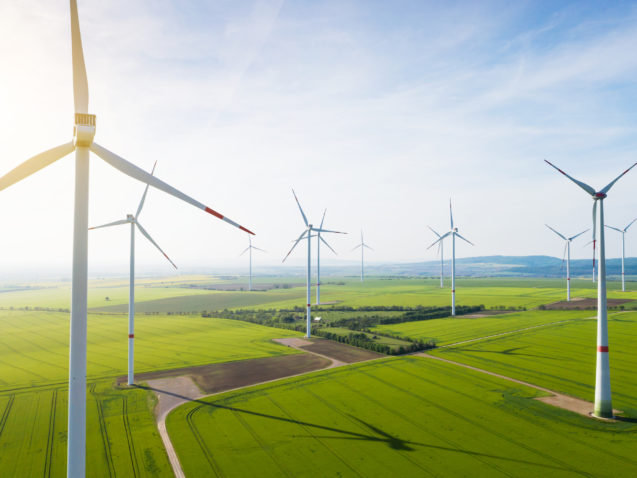As part of a sectoral agreement in Wallonia, Belgium, 68 food and drink companies have jointly committed to achieving two objectives for 2023: a CO2 reduction of 28%, a target that has already been reached, and an energy reduction of 23%, a target 95% achieved.
Since the early 2000s, energy consumption has been one of the main concerns of food companies. In Belgium, through sectoral agreements called “branch agreements”, the most energy-intensive food companies voluntarily commit to improving their energy efficiency and reducing their CO2 emissions.
At the end of 2019, 68 food companies joined the initiative, representing 80% of the sector’s consumption.
In order to extend the current agreements until 2023, new sectoral objectives have been set:
- An improvement in sectoral energy efficiency of 22.5% between 2005 and 2023. This means in concrete terms that to produce one tonne of food product, the sector will use 22.5% less energy.
- An improvement in specific CO2 emissions at sectoral level of 27.8% between 2005 and 2023. This means in concrete terms that when the company produces one tonne of food product, it will emit on average 27.8% less CO2.
Every year, Belgian food companies invest on average at least €9m euros in energy-saving measures (for example in heat recovery or cogeneration installation) and in the production of renewable energy (for example in photovoltaic installations, or heat pumps).





